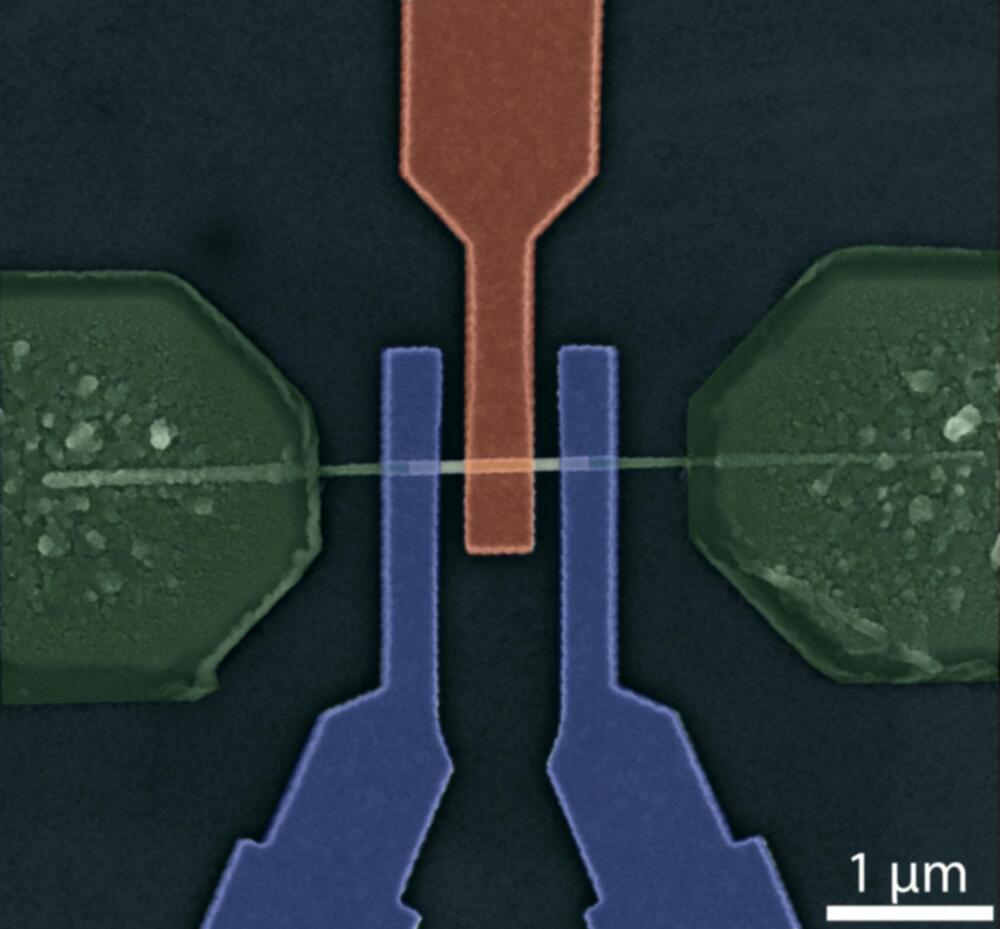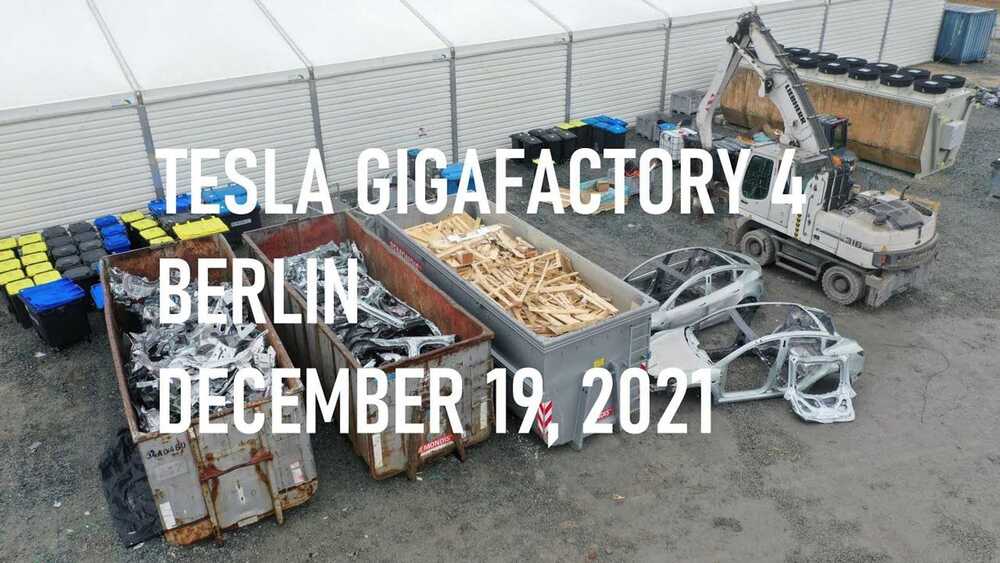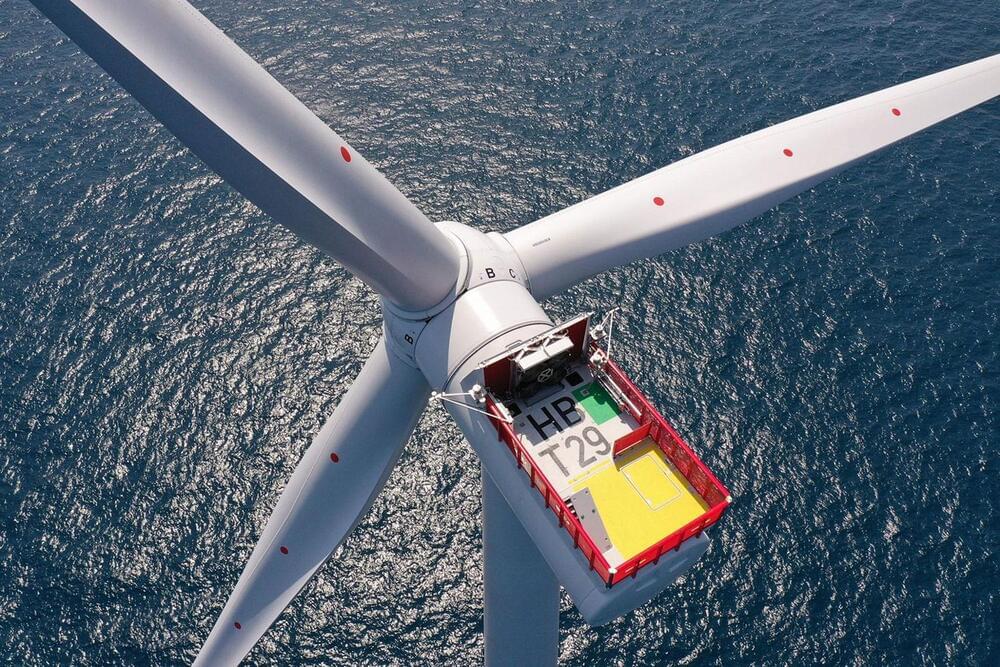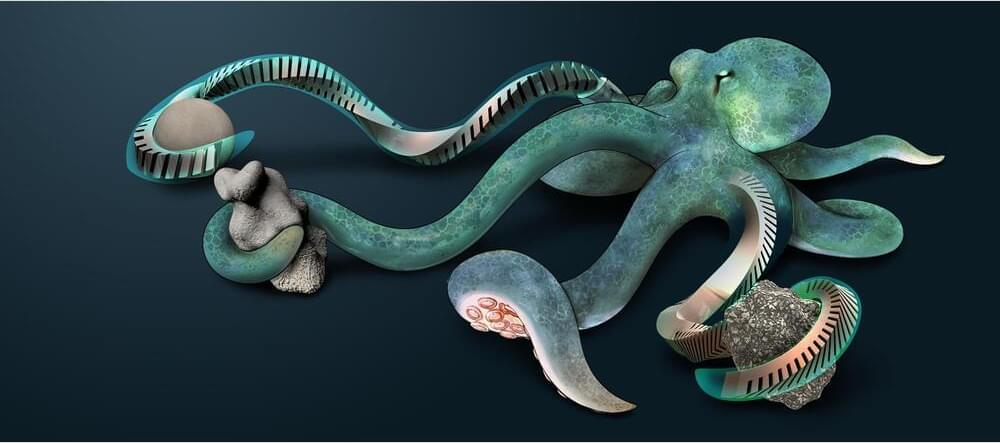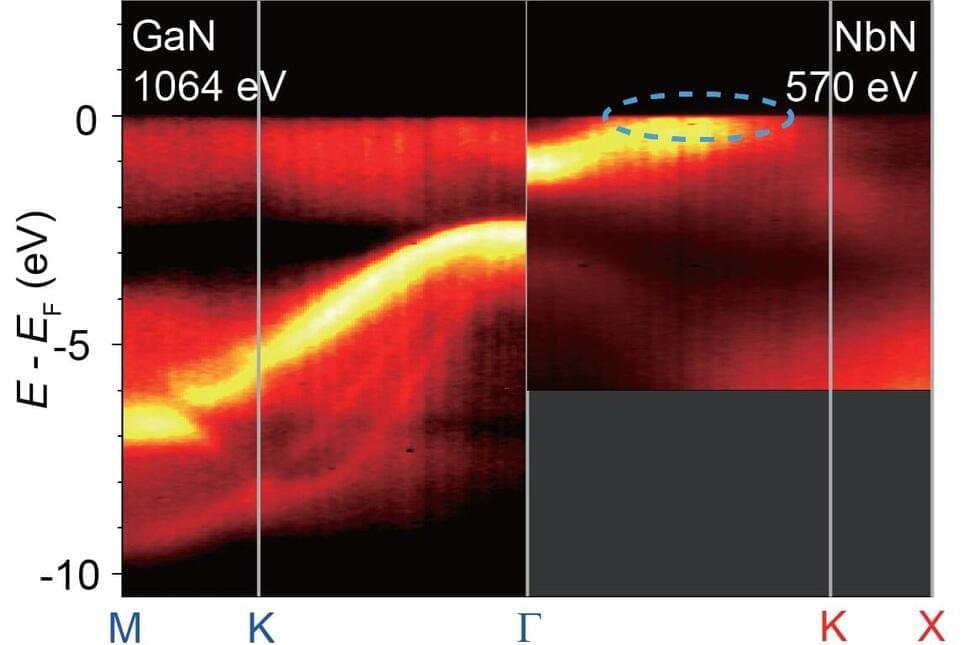Solar and wind resources are the lowest marginal cost sources of electricity in most of the world. Solar, wind, and other forms of green energy produce power as and when it’s available. And as the world starts to transition away from cheap, responsive, and heavily polluting energy sources like coal, the electric grid now faces a challenge: how to manage the multi-day variability of renewable energy, even in periods of multi-day weather events, without sacrificing energy reliability or affordability.
In 2017, Tesla built and installed the world’s largest lithium-ion battery at Hornsdale in South Australia, which was a huge success. But there are inherent issues with lithium batteries; they are expensive, better suited to quick turnaround than long-term storage.
However, Form Energy is focused on developing low-cost energy storage technology to enable a reliable, secure, and fully renewable electric grid year-round. The Massachusetts-based startup recently unveiled a new rechargeable iron-air battery capable of delivering electricity for 100 hours at system costs competitive with conventional power plants and at less than 1/10th the cost of lithium-ion.

